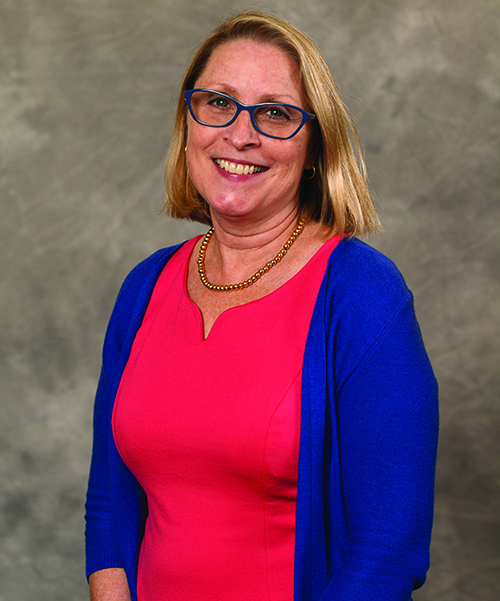After welcoming its 14th cohort in the summer of 2023, the doctorate in community college leadership program has a system to help students develop skills in education.
Launched in Jun. 2012, the DCCL program was designed to help those who are searching for an environmental change in education. Courses are taught, with both in-person and on-line components, by experienced college leaders, such as vice presidents, deans and even community college presidents. Topics include finance, resource development, marking and many others.
Wendy Patriquin, the DCCL program’s director, took on the leadership role in Aug. 2023. Ever since she joined the DCCL, she has been very happy about the success of the program over the past decade and a half. Not only are there cohorts in Michigan, but a few have been able to locate two different states.

“Since the DCCL program was launched in 2010, the program has served approximately 300 students who are diverse in their race, ethnicity, gender, and geographic representation,” said Patriquin. “Although most cohorts have been based in Michigan, the program has served cohorts in Illinois and Texas and is looking to serve other states to meet growing demand.”
Another aspect of the program Patriquin is pleased with is the faculty’s ability to help the students in a variety of ways, as well as being able to cover topics that are important to the student body.
“Courses are taught by experienced community college leaders using a combination of face-to-face and on-line delivery,” said Patriquin. “The program can be completed in 3 years (including dissertation) and coursework covers such topics as leadership, governance, policy, teaching and learning, finance, and research development.”
A key feature of the DCCL is that the dissertation is integrated throughout the three years when an individual decides to join the program. The goal is to have students complete the dissertation by the time their three years are completed.
Hospitality junior Sara Keilman finds the program to have had a positive impact on the university and that other colleges that don’t have a DCCL program should develop one.
“Any campus with some sort of leadership program is a strong one,” Keilman said. “Schools mainly with education majors especially could use a program like DCCL.”
The DCCL program includes six to seven credits a semester and only has one tuition rate. The program’s lower expense can provide other US states the opportunity to create another DCCL program or collaborate in creating another cohort.
Since its launch, Patriquin has seen the program become stronger due to the staff guiding those parts of the program, while she continues to see the program follow its mission since its creation.
“The curriculum has continued to evolve based on feedback from faculty and the program’s National Advisory Board, who provide guidance and input to ensure topics covered are current and relevant,” said Patriquin. “To this end, the program serves the university’s mission to prepare students for successful careers.”
When the DCCL started, the cohorts were only in Michigan. As of now, the DCCL has launched 14 cohorts, where only three have been outside of Michigan. One is at Harper College, Illinois, and the others are in two colleges in Houston, Texas. All 14 cohorts are taught by alumni who’ve been a part of the DCCL.
Since the extension of the program to Illinois and Texas, more than 300 students have found help in a changing environment in education. The DCCL has the potential to grow if more students get the help they need during their college years. The DCCL has shown that helping students change their environment in education can lead to a more successful future and also help them on the road toward graduation.
Contact (231) 591-2710 or CC**********@****is.edu to learn more.
